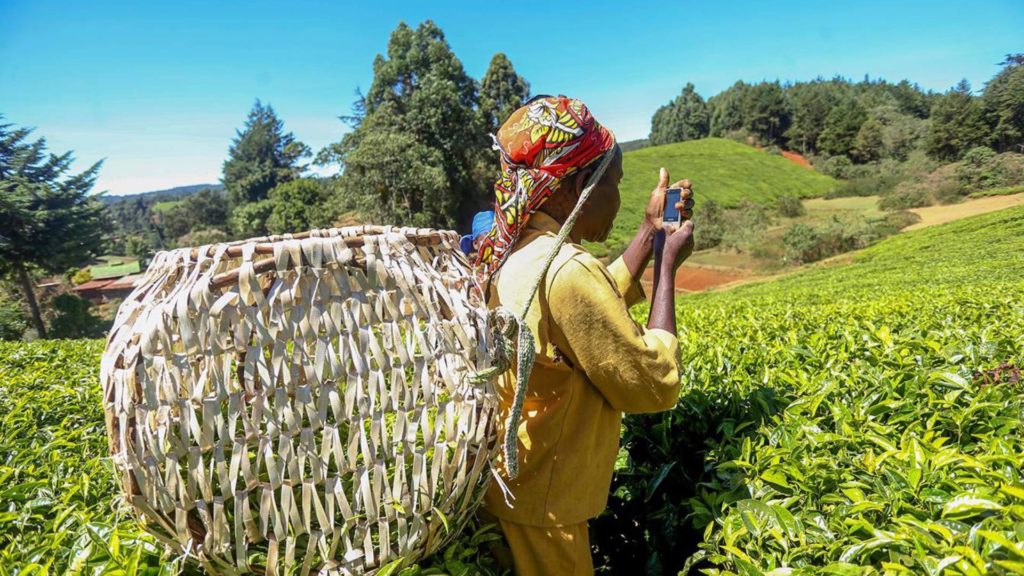The current backlash against globalization, most notably from working-class citizens in advanced economies who are worried about stagnant wages and insecure jobs, highlights how the benefits of global economic integration were oversold, and its costs undercounted. But the effects of globalization on Africa and its citizens have received far less attention, even though the continent is projected to account for over 40 percent of the world’s population by the end of this century.
Making globalization more inclusive will require policies that tackle inequality within advanced economies and boost convergence in living standards between Africa and high-income countries. African policymakers, with support from external partners, can play their part by accelerating regional integration, bridging gaps in labor skills and digital infrastructure, and creating a mechanism to own and regulate Africa’s digital data.
Ever since the first industrial revolution led to a surge in international trade, Africa has remained largely on the sidelines of the global economy. The main beneficiaries of early globalization were today’s advanced economies, where industrial technologies emerged. This, in turn, led to the “great divergence” in income levels between the Global North and South.
Africa’s potential may be huge, but it faces formidable challenges. By 2030, the continent will be home to almost 90 percent of the world’s poorest people. Unless globalization works better for Africa than it has in the past, its promise of shared prosperity will remain unfulfilled.
CENTER FOR AFRICAN STUDIES
Center for Africa Studies (AFRAM) which located in Ankara, is an organization facilitating under the administration of African Affairs Council (AFAC). It makes various researches about Africa to enhance economic and cultural bounds between Africa and Turkey. AFRAM’s publishings has been shared with different institutions as they require to obtain.
AFRICA OBSERVATORY
Africa Observatory is one the publishing of AFRAM and it has been published each two weeks. It has been delivered to different institutions via e-mail.
